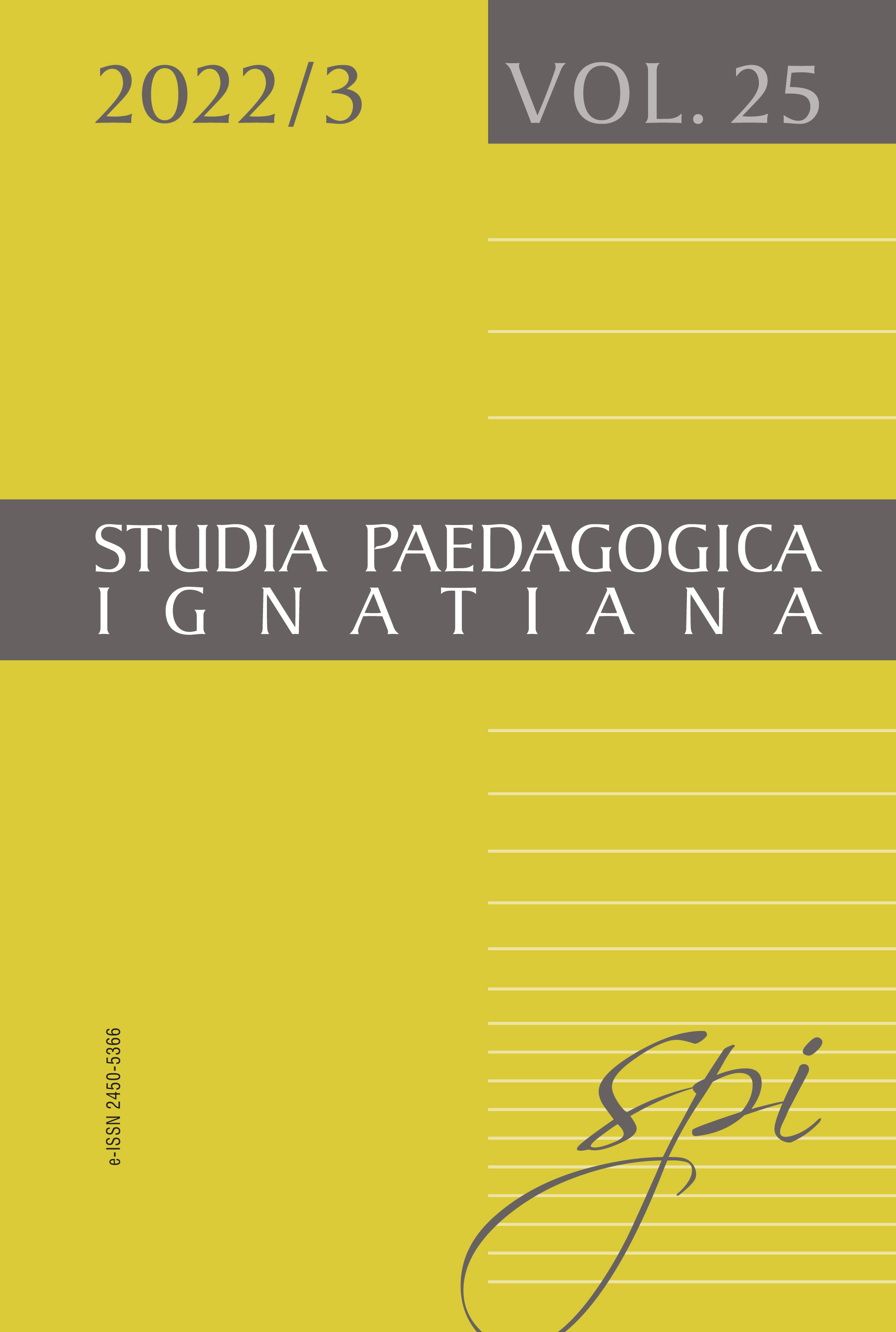The Worth of Words: The Ethical Significance of Dialogue Structured as Asking–Responding in Józef Tischner’s Philosophy
The Worth of Words: The Ethical Significance of Dialogue Structured as Asking–Responding in Józef Tischner’s Philosophy
Author(s): Dominika Dziurosz-SerafinowiczSubject(s): Ethics / Practical Philosophy, Polish Literature
Published by: Uniwersytet Ignatianum w Krakowie
Keywords: philosophy of dialogue; Józef Tischner; personalism; ethics of word; ethical dimension of dialogue;
Summary/Abstract: The importance of words has been emphasized by many ethicians and philosophers. Within interpersonal relationships, a significant di- mension of the analysis of the word is its value. Ethics is dependent on the value of words, since without honest words we cannot have a real dialogue or then build a trustworthy community. In this paper, the author tries to show that within such a philosophical framework, the most fundamental element is a question–answer relationship, which is a basic structure for a dialogue. Asking is given special consider- ation by the Polish philosopher and priest Józef Tischner, who sees a question as a kind of request in the world of poverty which de- mands an ethical response. In this article, the author also presents Tischner’s original philosophy of drama—especially in respect to his view on a dialogic relationship between people—and then relation- ships within various groups, from large societies and nations to small communities. The ethical, axiological, anthropological, and even agath- ological and ontological significance of dialogue as asking–responding are also presented as a basis for a deeper communication.
Journal: Studia Paedagogica Ignatiana
- Issue Year: 25/2022
- Issue No: 3
- Page Range: 127-144
- Page Count: 18
- Language: English

